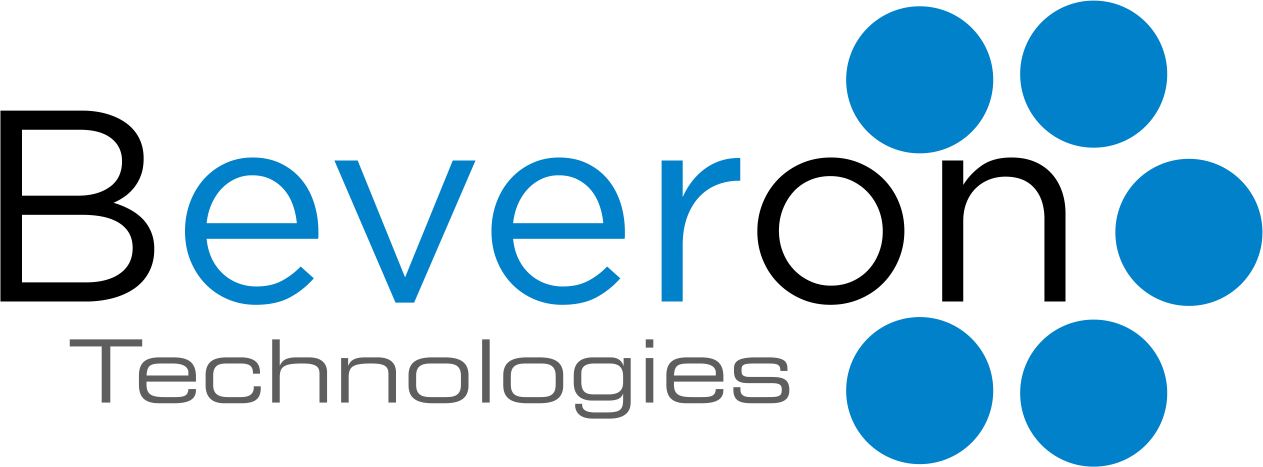

This blog highlights the essential features of case tracking software that help Indonesian law firms...

This blog highlights proven best practices for law firms in Morocco to effectively use case tracking...

A practical decision-making guide for law firms on how case tracking software enables better visibil...

As organizations across various industries embrace case management automation to improve efficiency and customer service, they must also prioritize data security and privacy. Automated case management systems handle sensitive information, and a breach or mishandling of data can have severe legal, financial, and reputational consequences. In this blog post, we'll explore the critical considerations and best practices to ensure data security and privacy in the context of case management automation.
Know Your Data: Begin by understanding the types of data your case management system handles. Categorize data into public, internal, confidential, and sensitive segments. This classification will help in determining appropriate security measures.
Segmentation: Implement strict access controls to restrict unauthorized users from accessing sensitive data. Ensure that only individuals who need specific data have access to it.
Data in Transit: Use encryption protocols (e.g., SSL/TLS) to protect data while it's transmitted between systems or over the internet. This prevents interception by malicious actors during transit.
Data at Rest: Encrypt data stored on servers or databases to safeguard it against unauthorized access, even if physical hardware is compromised.
Role-Based Access Control (RBAC): Implement RBAC to define and assign specific permissions based on roles within your organization. Ensure that access permissions align with job responsibilities.
Multi-Factor Authentication (MFA): Require users to authenticate their identity using at least two factors (e.g., password and biometric verification) to enhance security.
Principle of Least Privilege: Collect and retain only the data necessary for case management purposes. Avoid over-collection of personal information.
Audit Trails: Maintain comprehensive audit logs that record all activities within the case management system. Regularly review these logs for any suspicious activities.
Intrusion Detection Systems (IDS): Deploy IDS to monitor network traffic and detect any unauthorized access or unusual patterns.
GDPR, HIPAA, etc.: Ensure that your case management automation system complies with relevant data protection regulations, such as the General Data Protection Regulation (GDPR) or the Health Insurance Portability and Accountability Act (HIPAA), depending on your industry.
Data Processing Records: Maintain records of data processing activities and be prepared to demonstrate compliance when required.
Security Training: Regularly train employees on data security and privacy best practices. Make them aware of the potential risks and their role in safeguarding data.
Prepare for Breaches: Develop a robust incident response plan to handle data breaches effectively. Define roles and responsibilities, establish communication protocols, and have a plan for notifying affected parties and authorities if necessary.
Vulnerability Assessments: Conduct regular security assessments, including penetration testing and vulnerability scanning, to identify and address potential weaknesses.
Data security and privacy are non-negotiable when implementing case management automation. Neglecting these aspects can result in severe consequences. By proactively implementing encryption, access controls, data minimization, and compliance measures, organizations can not only protect sensitive data but also build trust with customers and stakeholders. Remember that data security is an ongoing process; regularly review and update your security measures to adapt to evolving threats and regulations.
Smart Lawyer office is the best case management software offers comprehensive features to streamline and enhance case handling. It includes robust user-friendly interfaces, automated task assignment and tracking, customizable workflows, integrated communication tools, document management, secure data storage, reporting and analytics, and the ability to adapt to various industries and case types. It also ensures compliance with data security regulations and facilitates collaboration among team members, resulting in efficient case handling and improved productivity.
Best case management software in Qatar
Best case management software in Oman
Best case management software in UAE
If you need a free demo on best case management software, please fill the form below